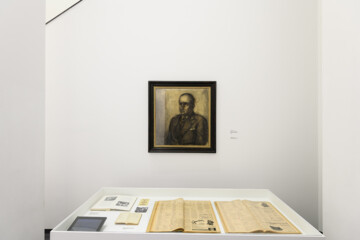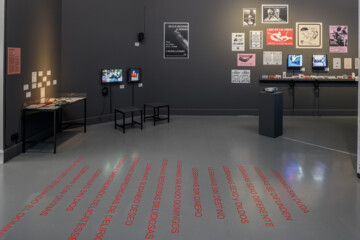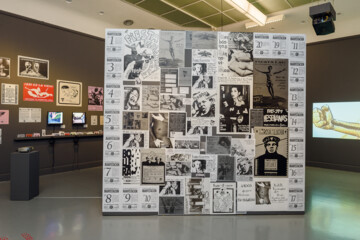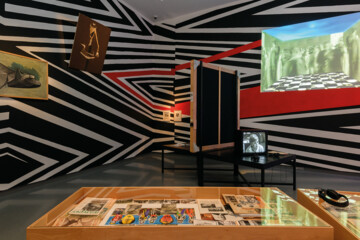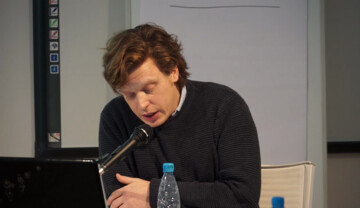For the referential filed ‘other institutionality’ the Van Abbe proposes the term ‘deviant’.
In its simplest terms to be deviant can be understood as veering off the entrenched path – as its etymology (‘de’ - off and ‘via’ - way) makes clear. For the modern European art museum these paths emerged from the west’s understanding of itself and by inference its relationship to others. A self-understanding that was produced by the white Enlightenment male, and had inextricable links with the formation of the nation state and its ties to both the modern and colonial projects.
In this sense, to be deviant within the context of the museum can be seen as an attempt to undo long-held institutional, racial, geo and bio political formations. We can therefore understand the prefix ‘de’ (‘off’) in deviance in relation to processes of demodernising, decolonising, deprivelleging or deneoliberalising, that might be part of the deviant institution or deviant practices. Questioning past suppositions, hierarchies and modes of working might be one way to institute deviance. But deviance should also concern itself with modes of thinking and practicing for the future. To be deviant is to be Janus faced, looking both forward and back.
However, what would be the site of such deviant practices – and on what terms could they take place within the museum? How would they affect our understanding and approach to methods of collecting, mediating and narrating both artistic and archival practices that are embedded within the institution? What implications would it have for our processes and timeframes of working, fuelled as they are by event culture and the attention economy? And how could we ensure that deviant practices were not simply another form of avant-gardism that is co-opted as part of the museum’s endless drive for self-preservation?
In the seminar I will reflect on some of these questions in relation to the Van Abbe’s recent research programme, ‘Deviant Practice’.

